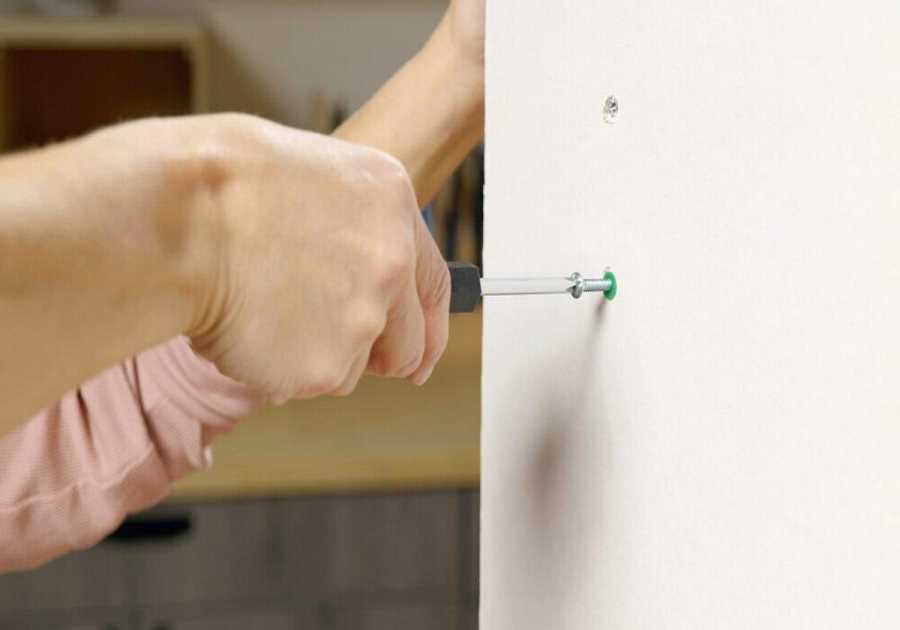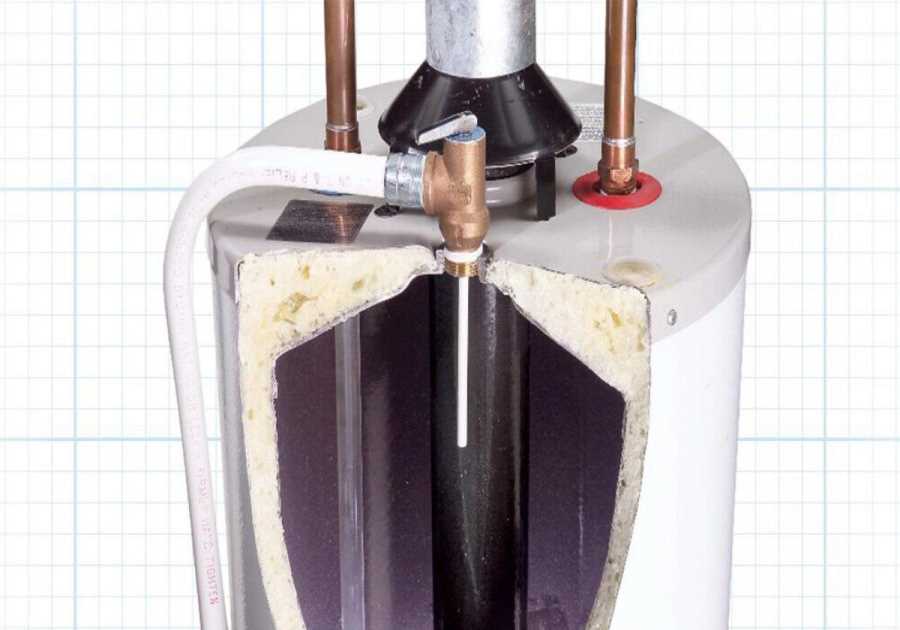As the name suggests, a pressure washer blasts away dirt and grime with water dispersed at high pressure. Most consumer pressure washers spray cold water, generally from a garden hose. But a hot water pressure washer raises the water temperature to increase its cleaning power.
The rationale is straightforward: Hot water is more effective than cold at tackling grease, oils and stubborn stains. It’s also better at fighting germs and bacteria, and in general requires less detergent to clean surfaces.
Because they’re heavier and costlier than cold-water types, hot water pressure washers are primarily targeted at commercial operators. However, some DIYers may choose to make the investment if they often clean jobsites or tools covered with oil or grease. If you’ve got a one-off project that requires a hot water pressure washer, it probably makes more sense to rent one.
In some parts of the country, hot water pressure washers are called “power washers.” In other areas, pros and homeowners use “power washer” and “pressure washer” interchangeably. For the sake of clarity, we’ll call them hot water pressure washers here.
How Does a Hot Water Pressure Washer Work?
A hot water pressure washer works like a standard home water heater. An outside force applies pressure — the local water supply in a home, or the pump on a pressure washer. Then the water is heated in a storage tank before it’s distributed.
Types of Hot Water Pressure Washers
There are many variations on the basic design. For most DIYers, the main features to consider are body type, compressor fuel and burner fuel.
Body type
The two main types are combo and conversion units. A combo unit is a single tool combining a standard cold water pressure washer with a hot water tank on a single frame. A conversion unit is a standalone burner that allows a standard cold water pressure washer to be converted into a hot water pressure washer.
A conversion unit still requires a wand and nozzle capable of working with hot water. Conversion units may be stationary or mounted onto carts.
Motor fuel type
Gasoline and electricity are the most common. Gas-powered motors are a good choice if you need high power or will be working where electricity isn’t available. Electric motors are lighter, lower maintenance and emission-free.
Burner fuel type
The choices are gasoline, diesel, heating oil, kerosene, electricity and liquid propane. While there are pros and cons to each, in general, select a burner fueled by what you already have on hand. Don’t buy diesel if you don’t own diesel-fueled vehicles or tools.
Hot Water Pressure Washer Buying Considerations
If you’re considering investing in a hot water pressure washer, here are a few factors to consider.
- Size/weight: Hot water pressure washers are heavy. Even a relatively small one can weigh 300 to 400 pounds. Keep that in mind when thinking about storage and transportation.
- Fuel type: This is largely personal preference, matching your existing equipment. Any electric powered washer will require on-site electricity or a portable generator.
- Conversion or combo: A combo unit takes up less space when stored and is easier to move around a jobsite. A conversion burner takes up more space but is much more convenient if you don’t always need the extra cleaning power of hot water.
- Water pressure in pounds per square inch (psi): This describes the force of the water at the nozzle. A higher psi is more aggressive on dirt, but also more likely to damage the material being cleaned. The nozzle’s spray angle also affects psi.
- Flow rate in gallons per minute (gpm): Higher water flow means more water on the cleaning surface. It’s especially useful when using a detergent.
How Much Do Hot Water Pressure Washers Cost?
Hot water pressure washers are not an impulse buy. In general, a hot water pressure washer will cost around 10 times more than a comparable cold water pressure washer. A good working budget is $3,000 to $4,000. The added material cost and weight of the burner increases the price considerably.
For a short-term project, renting is a better option. Prices vary, but typical rental prices are around $150 to $400 per day.
Note: While researching prices, we found some pressure washers claiming to be “hot water pressure washers” in the $200 to $300 range. These do not heat their own water, but use a warm supply from a threaded faucet, hose bib or water heater spigot. According to their product specs, maximum temperature was often 104 F, cooler than hot tap water in many households.
Best Hot Water Pressure Washers
Best value
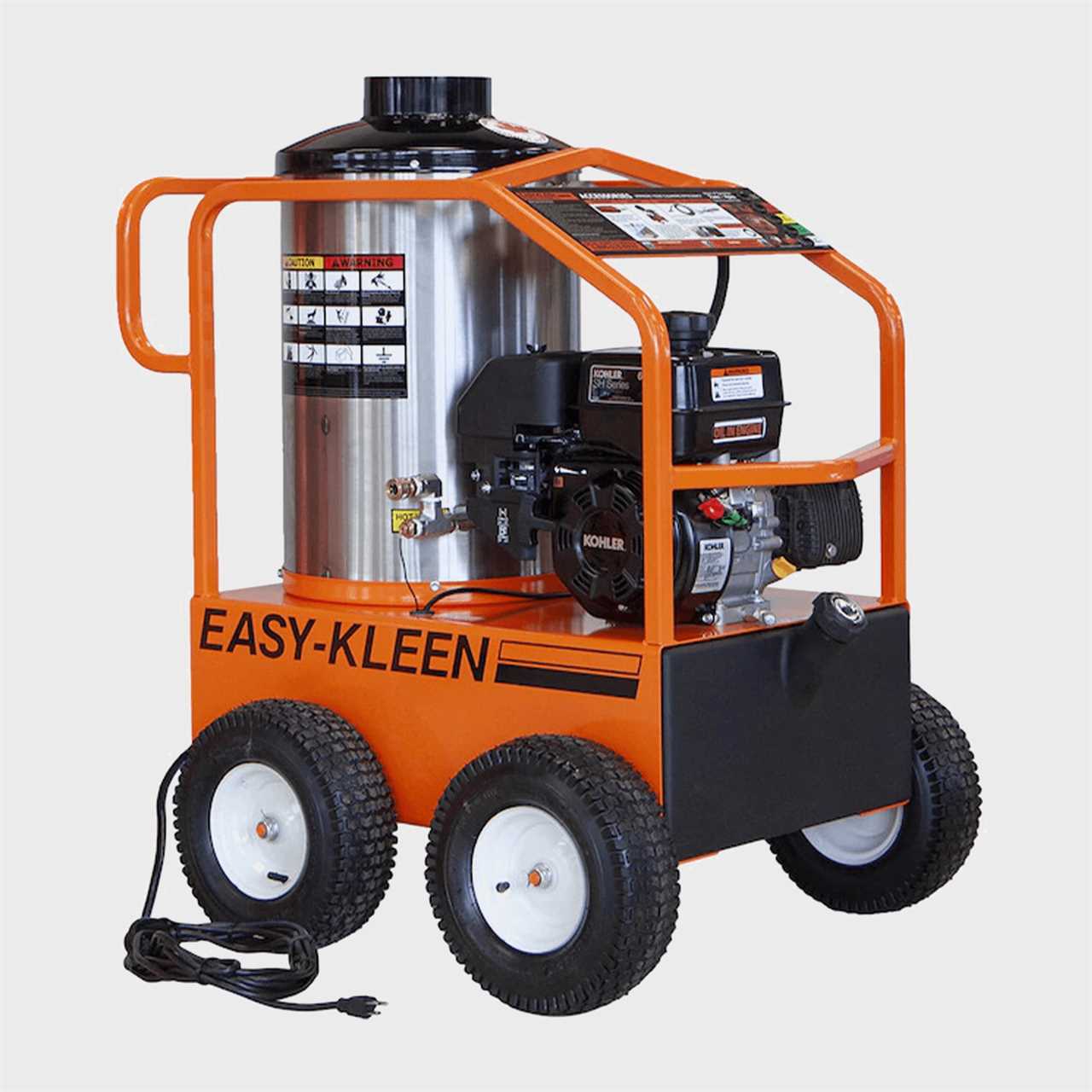
Easy Kleen pressure washers are carried by big box stores, like Lowe’s and The Home Depot. Easy Kleen’s entry-level model ($2,625) is rated at 2,700 psi and three gpm. It comes with a 50-foot hose and weighs 364 pounds when empty. It’s gas powered and oil heated.
Best splurge
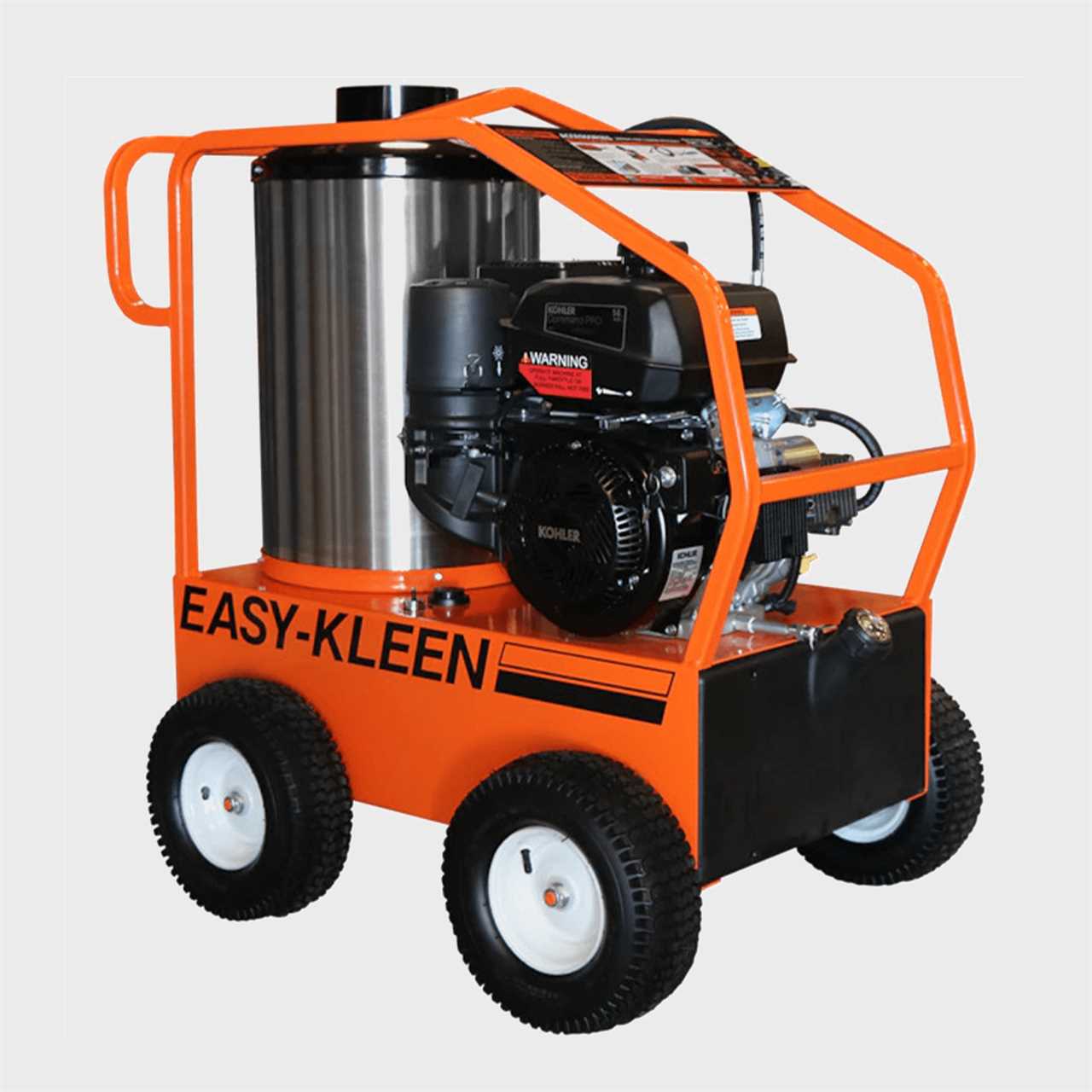
Offering a step up in power and performance, this Easy Kleen model ($3,585) rates at an impressive 4,000 psi and 3.5 gpm. It has an oil-heated burner, and the Kohler gas engine features a user-friendly electric starter. It weighs 430 pounds empty.
Best lightweight option
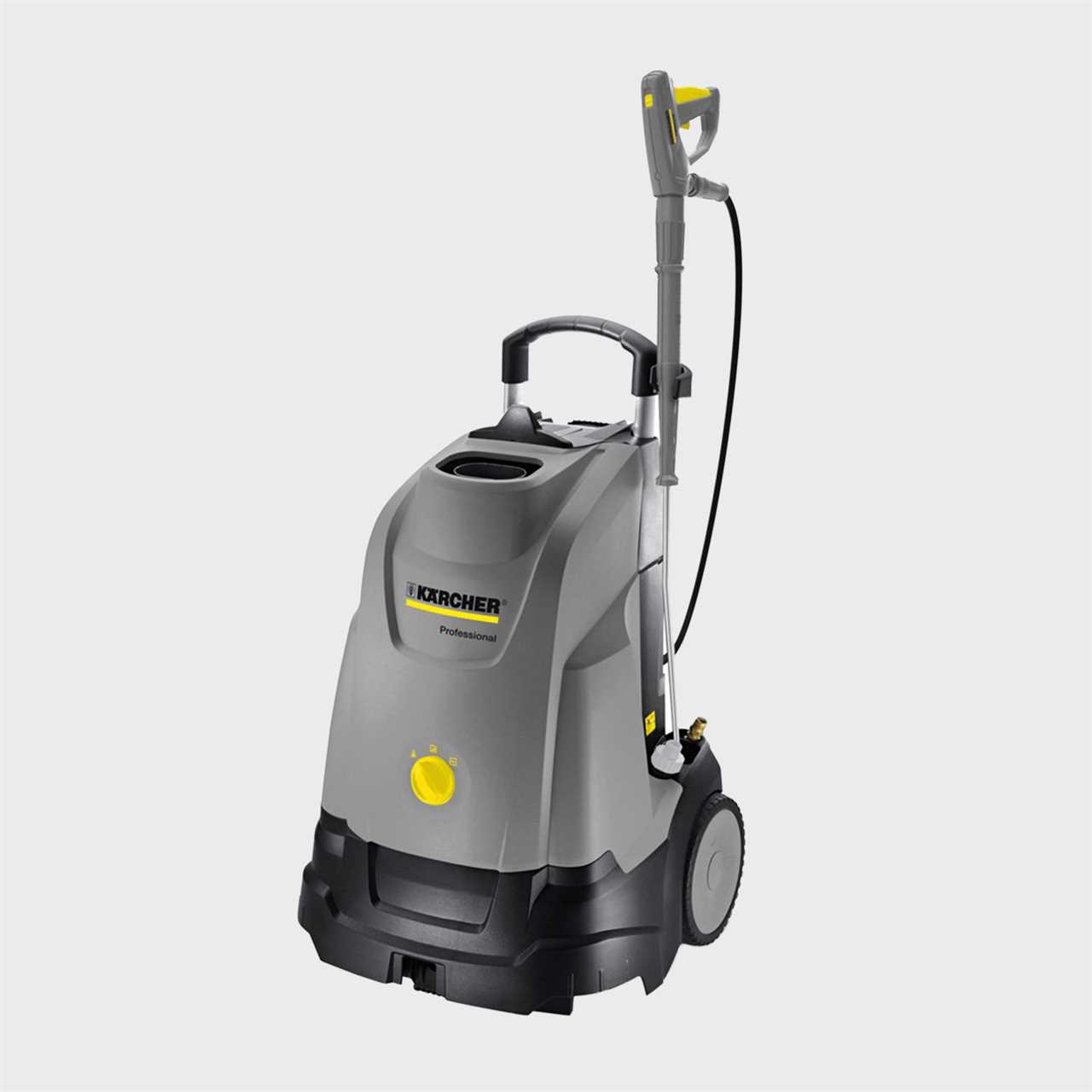
This Kärcher model ($3,525) is extraordinarily light at 178 pounds. Electric powered, it runs on standard 115V with a diesel burner. The trade-off for increased mobility: It’s not as powerful as most hot water pressure washers, providing 1,700 psi and 1.7 gpm.
Did you miss our previous article...
https://rsssuperfeeds.com/life-hacks/what-do-car-trouble-codes-really-mean



